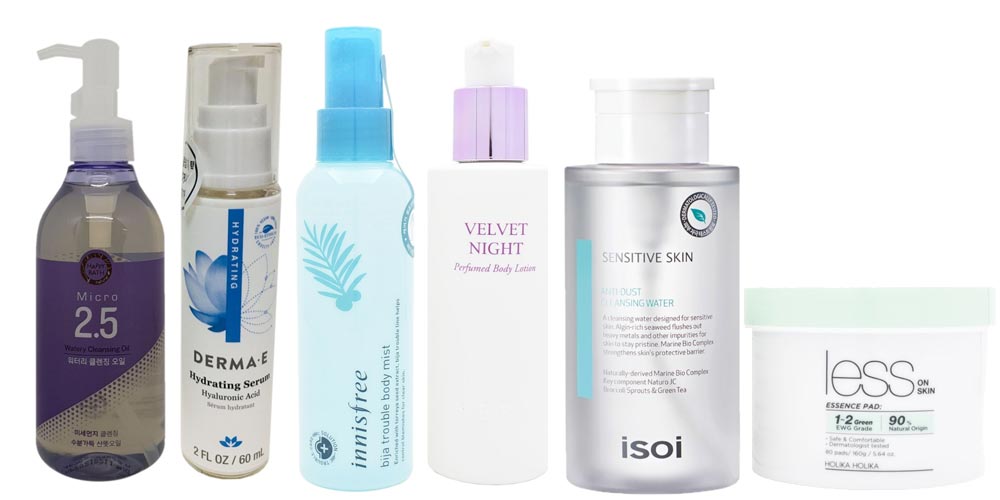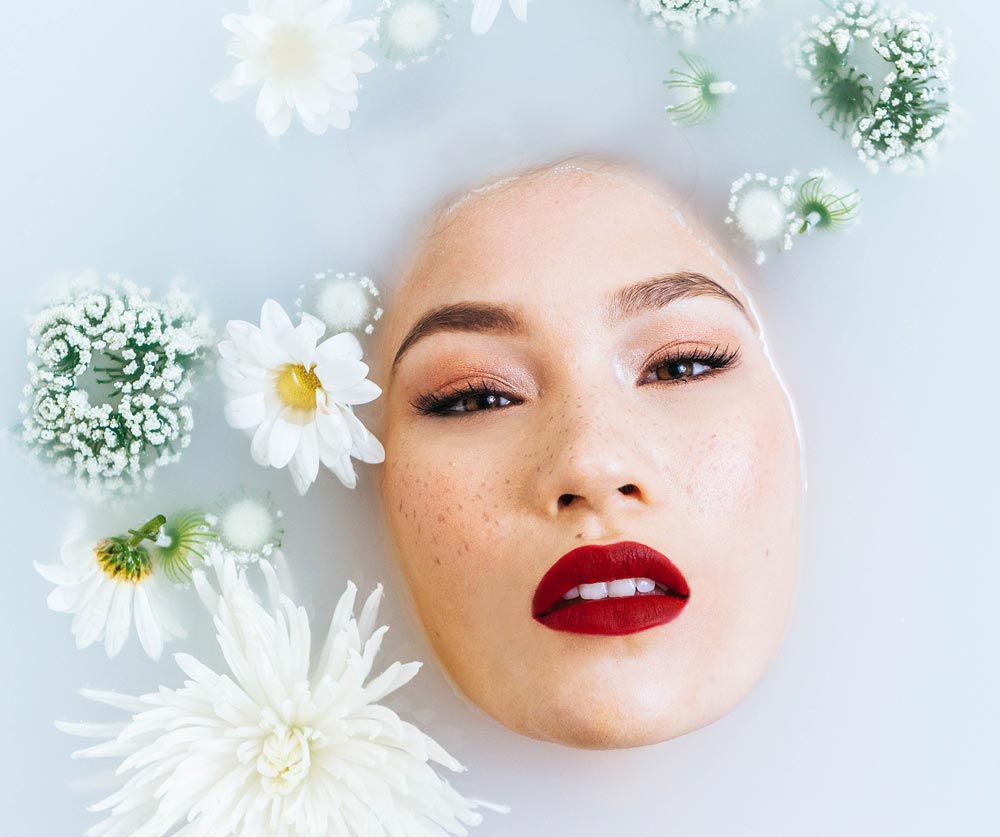3 K-Beauty Skincare Trends to Watch
South Korea’s beauty industry has officially gone global, impacting markets and influencing beauty and personal care trends worldwide. So much so, that this year at in-cosmetics Korea’s new K-Beauty Inspiration Zone, Mintel highlighted the next phase of the K-beauty phenomenon, including the major trends that are set to shake up the future of the industry. By Hwa Jun Lee (Senior Beauty and Personal Care Analyst, Mintel)
Skincare undoubtedly plays a major role in the success of the K-beauty sector. Here we take a look at three exciting skincare trends Mintel has predicted to hit the thriving K-beauty marketplace in the months and years ahead.
EMERGING VEGAN
In recent years, the South Korean beauty industry has seen a steady increase in demand for vegan cosmetics. According to Olive Young, sales of vegan cosmetics rose about 70% in 2018. Since South Korea has not yet established its own vegan certification, the products are qualified as ‘vegan’ by other countries, such as the UK and Australia. The growth of vegan cosmetics is part of a bigger ethical skincare trend that includes eco-friendly packaging. Companies, brands and manufacturers in the skincare field should explore this emerging trend for future growth opportunities.
BODYCARE GETS FRAGRANT
Fragrance has been gaining the attention of consumers and top brands alike, and today, fragranced bodycare is becoming big business. In fact, Mintel estimates that the bodycare market in South Korea will grow at a faster pace than that of the facial skincare market. Fragranced bodycare can be marketed as a subtle alternative to wearing perfume, and the fact that it spreads smoothly and gently on the body—due to its formulation—is an attribute that can play to its advantage. Meanwhile, fragranced bodycare can also activate emotions among consumers. According to Mintel Global New Products Database (GNPD), aromatherapy-related claims in new South Korean bodycare launches are growing, rising exponentially between 2016-18.
CLEANSING AWAY THE DUST
More cleansers are making ‘dust-cleansing’ claims to address South Koreans’ concerns about microdust, according to Mintel GNPD. New cleanser launches in the country with ‘anti-dust’ claims nearly quadrupled between 2015-18. Therefore, brands should offer strong-performance, hypoallergenic, dust-cleansing products to support consumers affected by air pollution. And the issue is not only affecting the skincare category. When a fine dust cloud hits South Korea, sales of consumer goods such as air purifiers, clothes dryers, dust masks, cleaners and sanitary goods tend to increase rapidly, indicating an opportunity for skincare players to consider cross-category opportunities.



